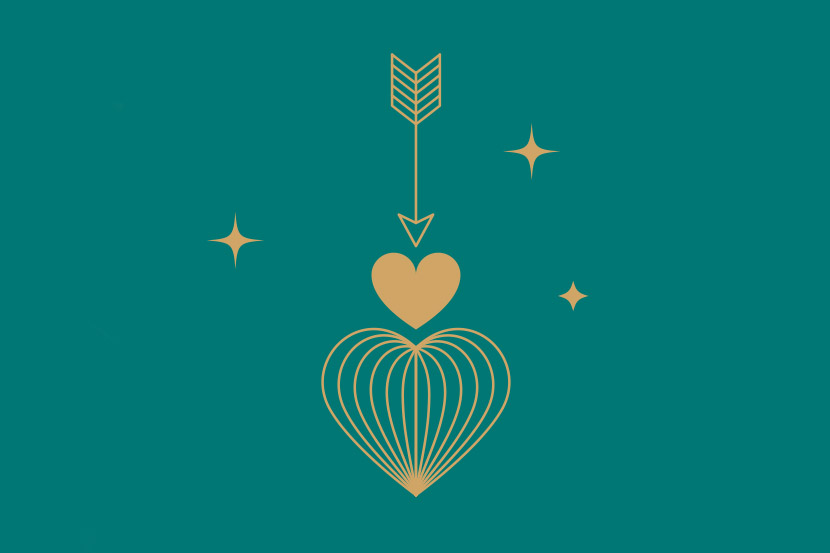
Learn how to look beyond obligations and how to count one’s blessings.
“I am grateful for all that I have.” A staple of many a yoga class or spiritual practice, you might have heard or read this affirmation many times. In some respects, and as a variation on the childhood practice of counting your blessings, it’s a corrective to complaining. By listing what you’re grateful for, you become aware of the smallest things you have. Roof over your head and food on the table? Then be thankful, for many aren’t as lucky as you.
Yet there’s a shadow side to gratefulness, and it’s important to acknowledge that. Because uttering “I am grateful” can also imply “I’m wrong to suffer, because others are suffering more”. Counting your blessings may prevent your complaining, but it can also be a stick with which to beat yourself. And the problem with a stick is that it only bruises and never heals. Making yourself feel bad won’t have a positive effect on your wellbeing and neither will it help the suffering of others. You can repeat: “I am grateful” 10 times a day, and shift nothing but another load to your boulder of “should”.
Gratitude is the highest vibration the heart can offer. But that’s a true feeling, not a platitude or imperative. It’s a sense of bliss at being alive. It’s experienced deeply, in the organs and bones – it comes in the shape of delight, with arms spread wide and a laugh in your belly. Most of all, it’s bottom-up, not top-down. You can’t talk yourself into it.
In genuine sensation there’s no cognition, no to-do lists, or obligations. It’s why an ungracious person being asked to “show a bit of gratitude” is meaningless, because a show is a performance designed to please the viewer. It means nothing unless done from the heart. Saying “thank you” is important, but that’s manners, not gratefulness, and it’s best not to confuse the two.
True gratitude can’t be said or done. In fact, the genuine sensation of thankfulness is known only to the person who feels it. It doesn’t stem from a belief that you barely deserve the good things you have.
So, if you’ve ever felt obligated to count your blessings, remember that self-worth doesn’t come with a “should”. Rather, take a risk and open your heart to the possibility of gratitude. If you feel it, you’ll be truly blessed. But if you don’t, at least you’re not performing something you don’t really feel inside.
How to be open to true gratitude
- Take a pledge to no longer perform gratefulness. It might feel transgressive, but it’s the first step to experiencing genuine, heartfelt gratitude.
- If you happen to notice a blessing in your life – however tiny that may be – pause for a moment.
- Allow your heart to open wide to encompass the beauty of the feeling it gives you.
- Stay within your heart as it pumps love around your body.
- Ignore the imperatives and platitudes that would have you live in a state of obligation. Instead, dig deep for the true sensation. Delighted love can’t be done or shown.


















